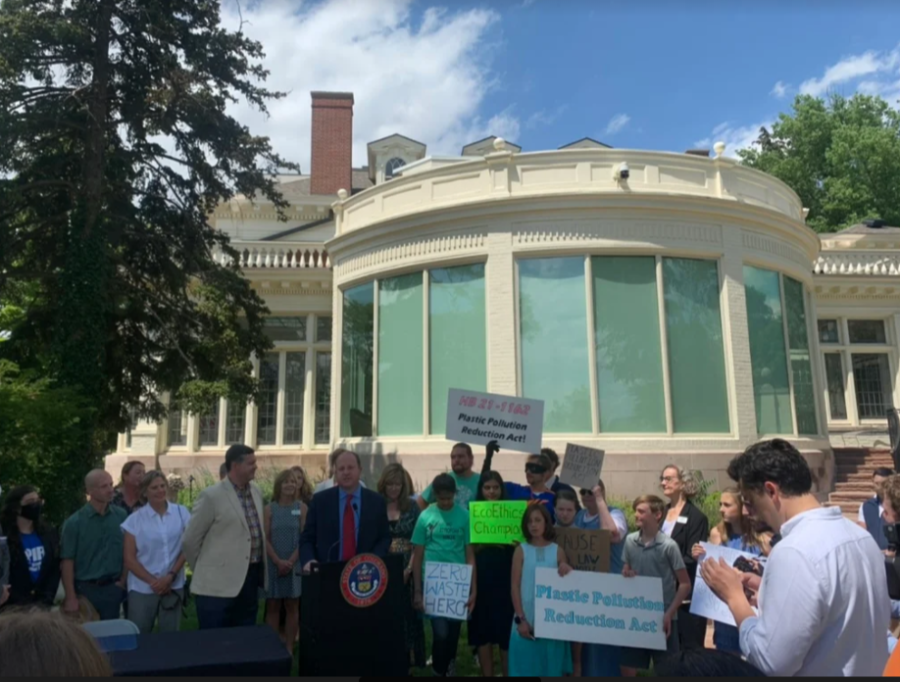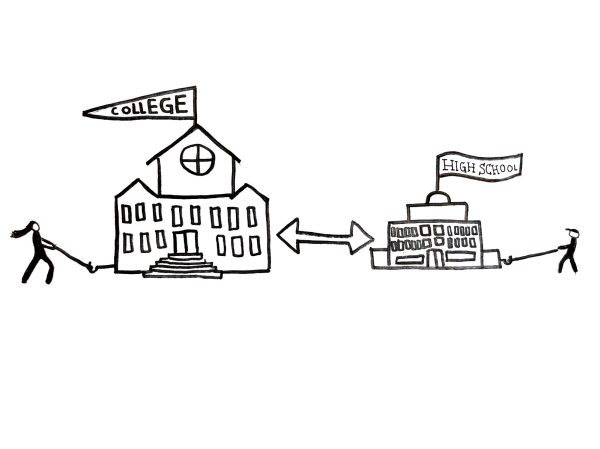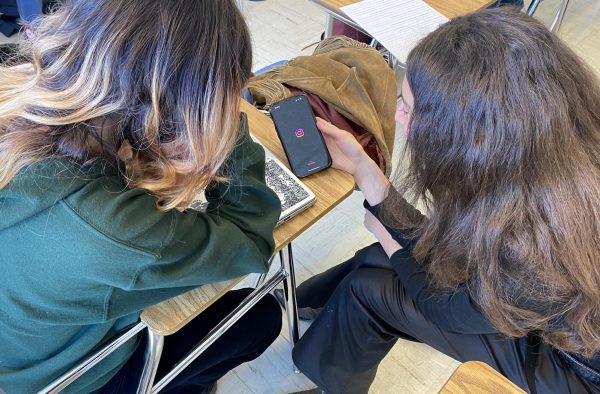The Climate Change Movement Needs a Reboot
Governor Polis signing into law a plastic bag ban. This ban fails to take into account the economic inequality of renewable bags being costlier, and broadening the gap between rich and poor.
Growing up, I was the typical Boulder kid who was always outdoors, so when I had the opportunity to get involved in climate change I jumped at it. It seemed like the perfect mix of helping the world and preserving the outdoors. Unfortunately, I found the dark side of this “blissful” movement- there is very little change, and it feels like nothing has actually happened to help the planet. The climate movement is more for show than actual action. It uses privilege to focus on minute issues that negate the largest barrier to a greener future; economic inequality.
The climate change movement started in the 1990s hoping to pressure governments to make legislative changes that prohibit mass production of fossil fuels. Nothing came of this first push for a greener future until the early 2000s when organizations such as 350.org and Power Shift Network emerged; these organizations paved the way for the eventual climate change boom starting in the 2010s with the People’s Climate March in 2014. This is where the climate movement started to have mass amounts of initiatives emerging with over 15,000 climate change NGOs in the United States.
However, all these climate organizations have failed to create systematic change. The focus of climate organizations is to reach mass amounts of individuals if that is through an ad, a social post or a click onto their website. In the NGO world, there is not a profitable number investors can look at; instead, the number that fuels investments or grants in the NGO world is the number of individuals the organization can influence. With only so many grants and many climate organizations, it’s like the Hunger Games. The way funding is granted is focused on numbers, rather than the actual impact that is happening. Therefore, the climate movement isn’t very focused on the actual impact of influencing Americans to become climate-conscious.
Climate change awareness is a privileged matter. Many people rightfully believe that the time to act is now and that there is unawareness around the issue. There is a larger disconnection between climate change and economic equality; to be climate-conscious means to be financially privileged. The little compostable snack baggies at Whole Foods cost 85% more than plastic bags, buying organic fruit can be 82% more than regular fruit and buying an electric car is not affordable for most. Given the current innovations and economy, the majority of America cannot make climate-conscious decisions.
Climate organizations should focus on finding innovative ways to solve this economic inequality within this country. There has been more of a focus on it lately with the idea of how minorities, low-income individuals, and the South, West and Midwest regions can suffer from climate change disproportionately compared to economically privileged individuals and those in the North, respectively. For example, in Colorado there are rampant wildfires and unprecedented winds that are due to the increase in extreme weather patterns, a response to climate change.
Still, there is an abundance of climate initiatives that focus on insignificant climate legislation such as the Green New Deal, which had no hope from the start. This was so heavily focused upon in 2019 that the main issue of climate change being addressed tangibly got lost. It should be noted that focusing on legislation is an important part of addressing the climate crisis. Movements, such as Environmental Colorado, have passed important laws such as the Plastic Pollution Reduction Act, but this is not the end all be all.
The focus of these organizations fails to address the systemic issues of marginalization of class groups in the United States. The focus is on the individuals who already believe in climate change; for example, the Cleo Institute hosts a training for individuals to become climate certified speakers (if this sounds silly and superficial, well then welcome to the climate change movement). In this training people who are already aware of climate change become even more “educated.” This is a complete waste of resources because it fails to impact the people who are not aware of making climate-conscious decisions.
There is the Diffusion of Innovation Theory that pertains to this sustainable movement. The theory states that innovations are adopted at different rates for different people. It starts with the innovators and early adopters, soon diffusing to the rest of the population in a bell curve shape. This idea fuels the climate change movement since many believe that focusing on the early adopters will all of a sudden create an instrumental shift in society. This theory has merit in the climate movement because in other aspects this has worked (as seen with diffusing out electric cars and renewable energy in homes and commercial uses). However, this theory fails to address the issue of accessibility to adoption, particularly in terms of economic inequality.
The oversaturation of this market has created issues for NGOs and common people alike. It is difficult for an organization to create instrumental change, but the so-called “change” happening does not take advantage of the many resources such as government incentives, mass amounts of funding at their disposal and the many individuals ready to take a stand against climate change. The climate change crisis is not a one-and-done issue- it is a multitude of systematic problems that all need to be addressed for this planet to remain liveable, and the first step is addressing the extensive economic inequality in America.






